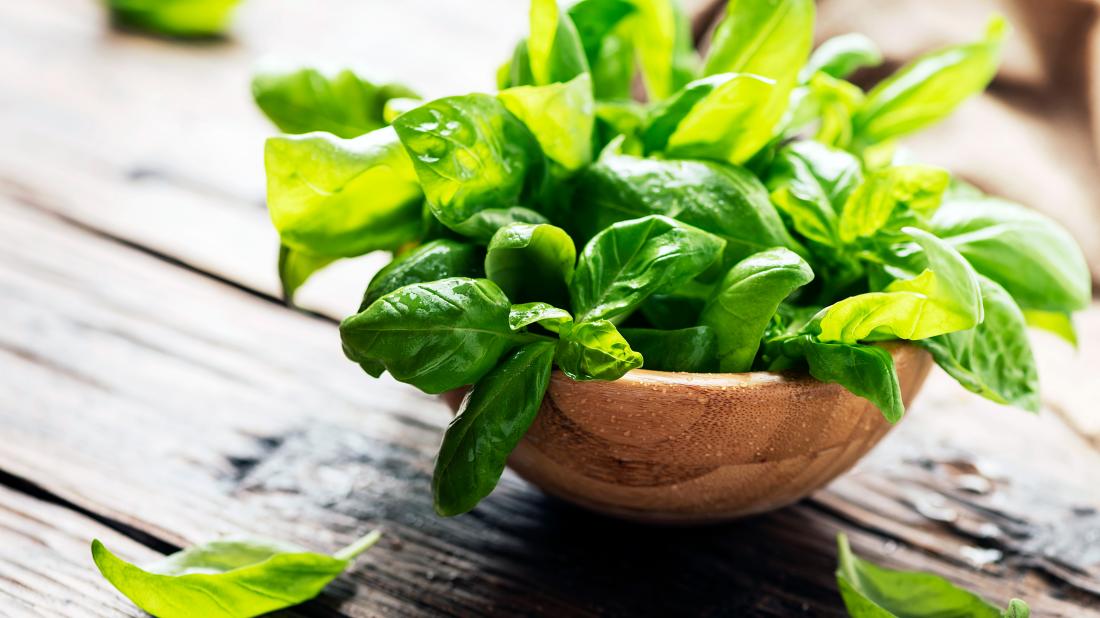Keeping snakes off your property and out of your home is always a proactive endeavor. Taking steps to keep your lawn in order and avoid specific decorations can go a long way. Read on to find out about the smells that snakes hate.
Citrus
Speaking of snakes hating the smell of acidic substances, what fits this bill more than citrus fruits? One of the most commonly used snake-repelling scents is citrus. Citrus fruits like lemons, oranges, and grapefruits contain a chemical called limonene, which is a natural snake repellent. Just place a few slices of citrus fruit around your home, or even rub the peel on the outside of your door and windows.

Garlic
Some people see garlic as a key ingredient in the kitchen. Others see it more as a lifestyle. But whatever your level of passion is for the essential allium, it's certainly higher than what a snake thinks of it.
It will kill any insects in the area, including the insects that snakes eat, she explains. This will make your property less attractive to snakes and make it less likely for them to find food. Phillips suggests crushing garlic cloves and spreading them around the perimeter of your property or garden.
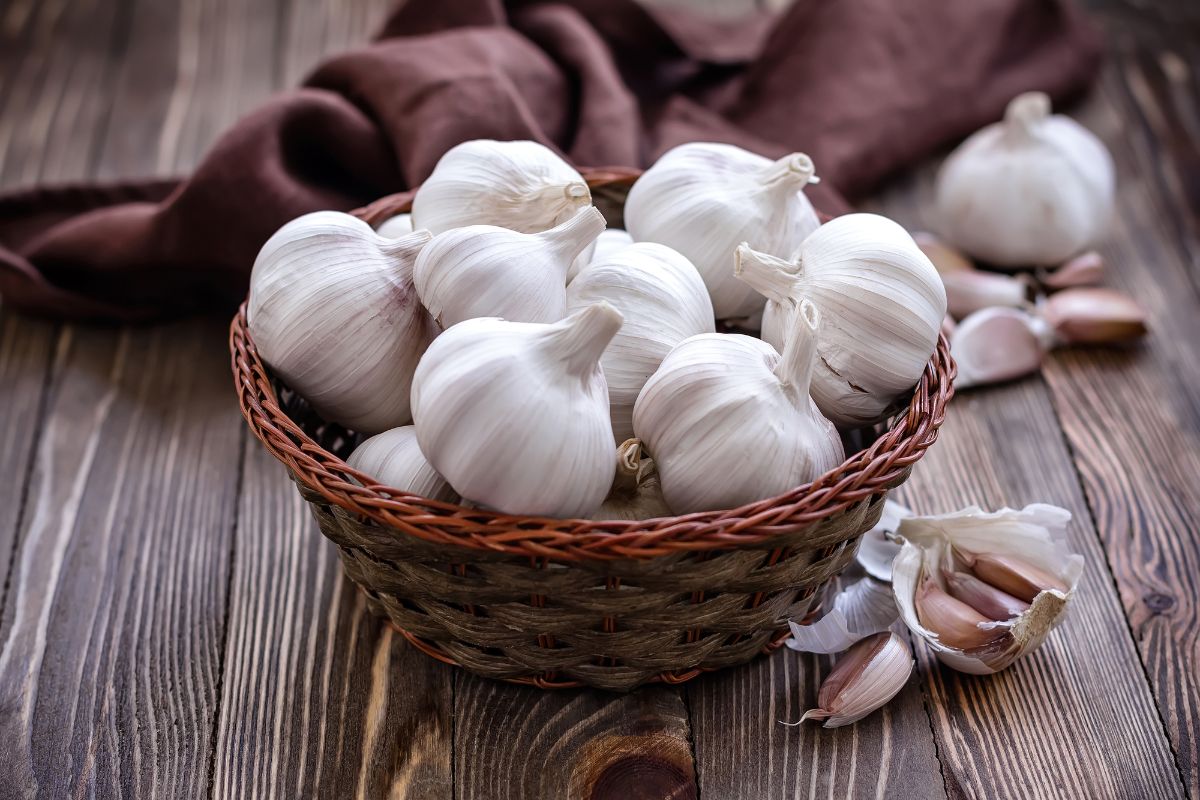
Cinnamon and clove
For humans, the smell of fresh cinnamon or clove is usually a sign that a delicious baked good is on its way. But according to experts, snakes have the opposite reaction to the common spices. Studies have been done on the brown tree snake, and it's been shown that cinnamon oil and clove oil are effective at repelling this species. But if you plan to use cinnamon or clove oil to repel snakes, just use it in an area that cannot be accessed by pets.
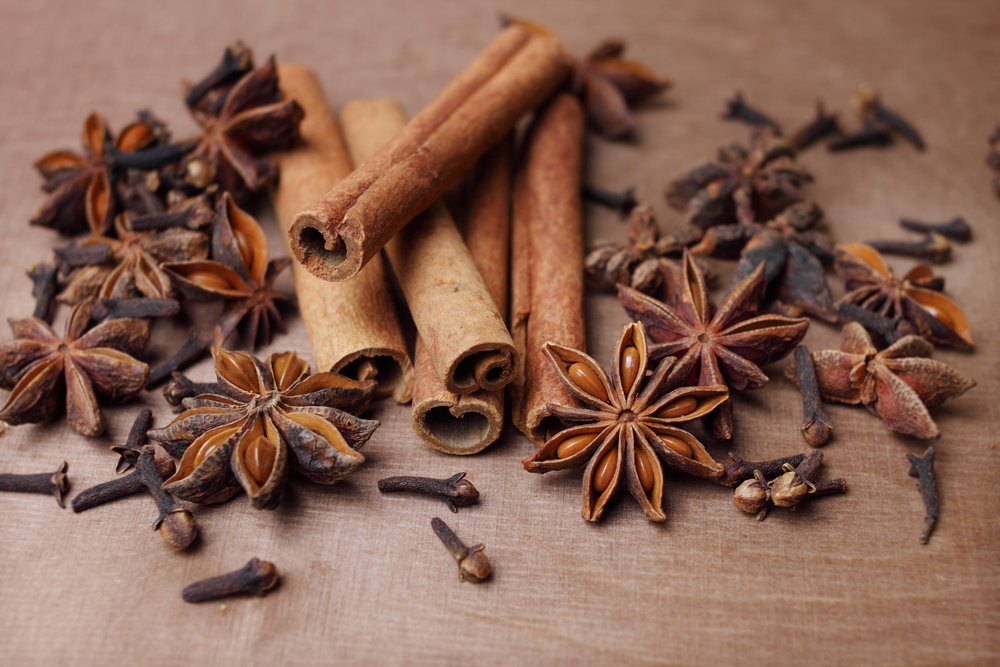
Vinegar
Not only can vinegar do double duty as a fantastic natural cleaner, but experts say it also works as a snake deterrent. When it comes to repelling snakes, vinegar is the best option. There are several reasons for this, but the most important one is that vinegar is an acidic substance. Snakes are very sensitive to acidic substances, and they will avoid anything that is even slightly acidic. Pouring it on the ground can sometimes make them avoid slithering over it.

Smoke
Besides the little bit that might seep out of the fireplace, having too much smoke in the air can make it hard to breathe. Turns out, it's not different for snakes. Of course, humans don't want to breathe in too much smoke, but it can be effective if you're looking to coax a snake out of a hiding place and back outside.
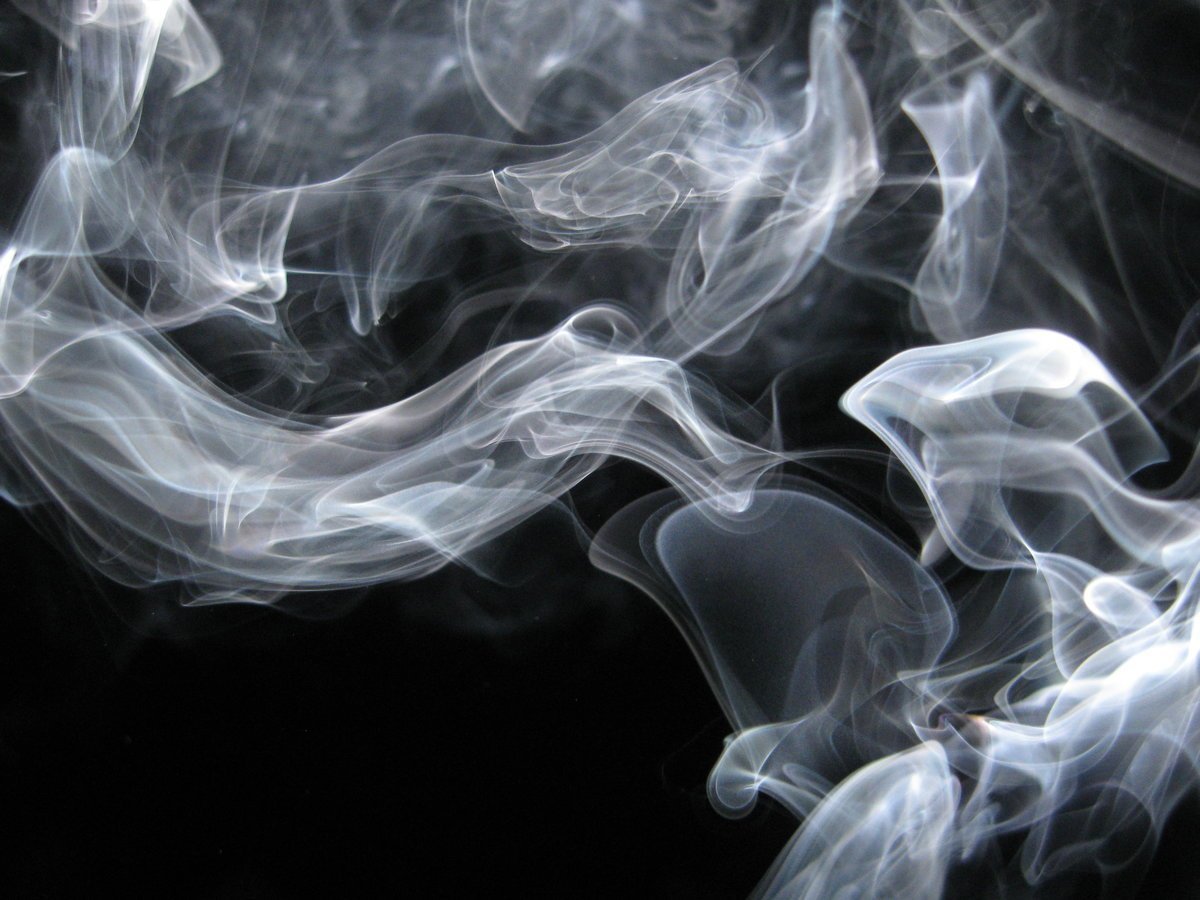
Mothballs
Anyone who's had to protect their precious wardrobe from a moth infestation knows how effective mothballs can be. But it's not just the flying pests who have a problem with the unmistakable smell of those pellets. In addition, Georgina Ushi Phillips, DVM, advising veterinarian and writer for The Reptile Room, says to exercise caution when handling naphthalene "as it can be toxic to humans and pets if ingested." She also notes that this is the main ingredient in many snake-repellent products like Snake-away.
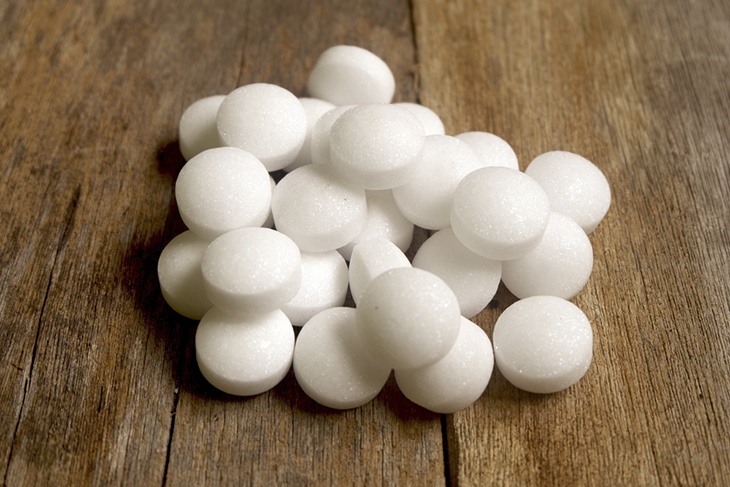
Basil
Snakes cannot stand the smell of basil. Of course, you can plant basil indoors or outdoors, depending on where your snake issue is, or you can use a basil-scented essential oil. According to Lake Norman Pest Control, the scent of basil also repels flies and mosquitoes.
